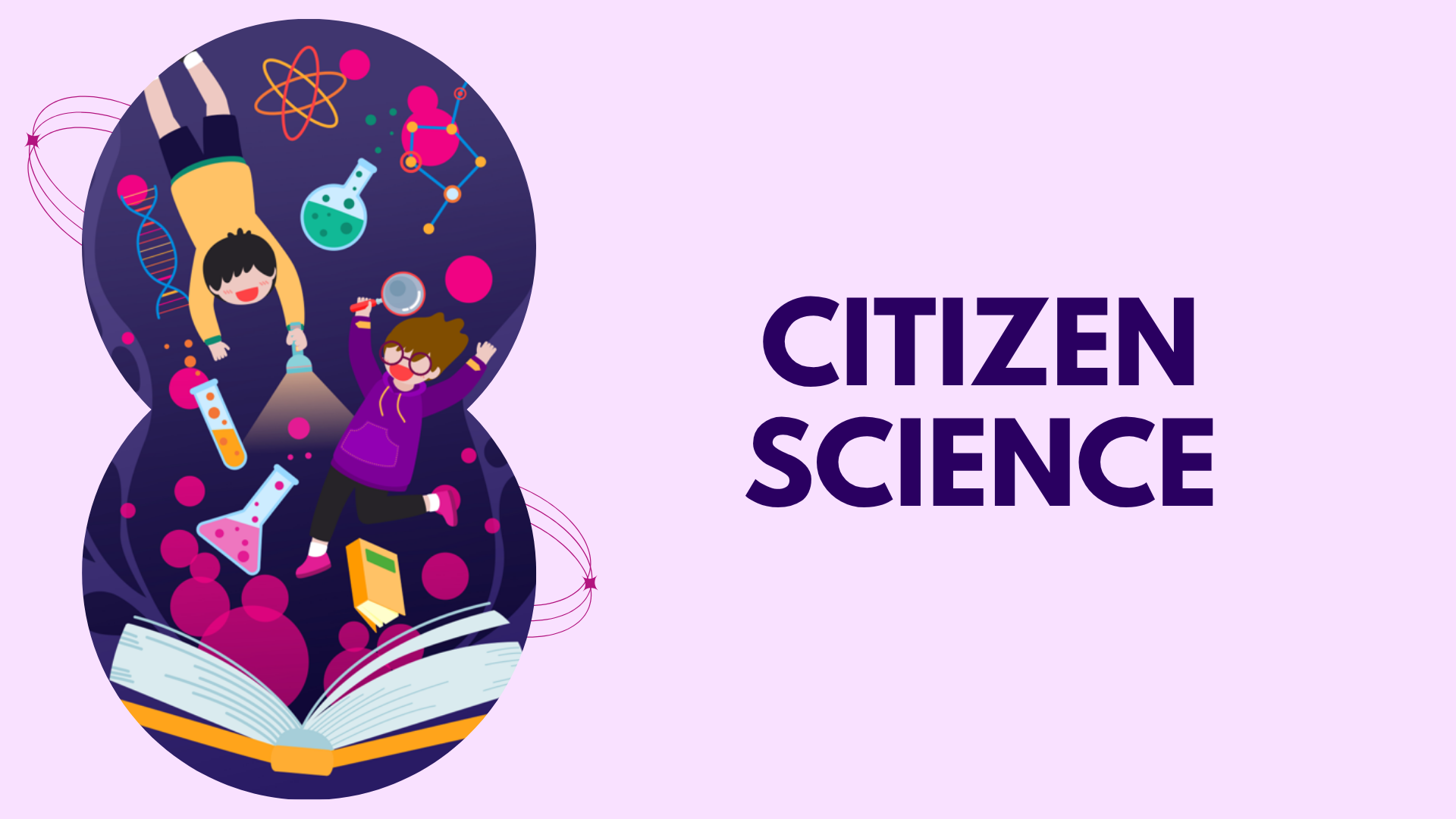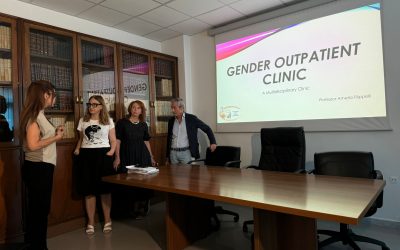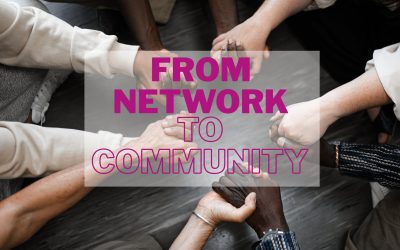Have you ever transcribed an old document online, photographed an unusual plant during a walk, or reported sighting a rare animal? At that moment, maybe without realising it, you were already contributing to Citizen Science. You don’t need to be a scientist or have any special technical skills: all you need is curiosity, a desire to observe and collaborate. Citizen Science is an approach that brings together ordinary people and researchers in a large collective effort to gather and share knowledge.
It is not easy to define, because it takes many forms. In some cases, citizens participate by collecting data in the field, such as when they photograph plants and animals with dedicated apps; in others, they collaborate by transcribing ancient texts or by helping to classify astronomical images. Sometimes the contribution is limited to observation, other times it extends to the design of new research or the interpretation of data. It is therefore an experience that can take on a thousand nuances and does not only concern the natural sciences: it is increasingly finding its place in the humanities, social sciences and arts.
The success of Citizen Science depends on a balance between necessity and desire. Researchers need large amounts of data collected over wide areas and long periods of time, something that would be impossible to obtain without the involvement of citizens. People, for their part, want to discover, learn and feel part of a community. This creates a virtuous circle: citizens offer their time and attention, researchers open the doors to their work and make results and processes accessible.
This approach is part of a broader framework, that of the open science approach, which is also supported by the European Union. The idea is that knowledge is a common, transparent and shared resource, capable of increasing people’s trust in research and at the same time strengthening critical thinking.
In short, Citizen Science is not just a research method, but a way of looking at knowledge as something collective. Every contribution, no matter how small, can become part of a larger project, and everyone can feel involved in the construction of new knowledge. It is an invitation to discover, collaborate and experiment: because science, and culture in general, become richer when they truly belong to everyone.



